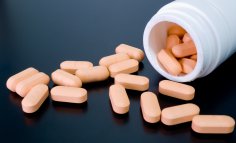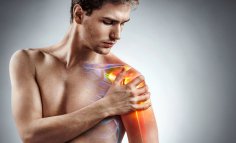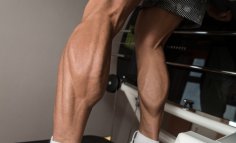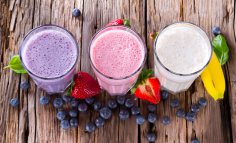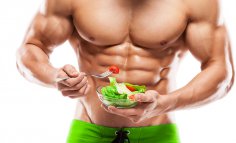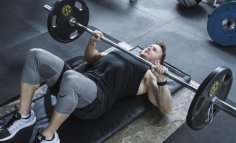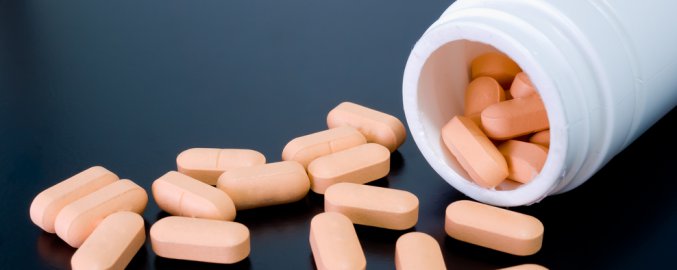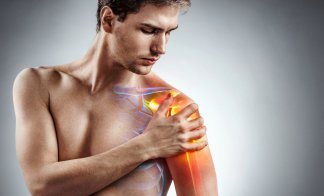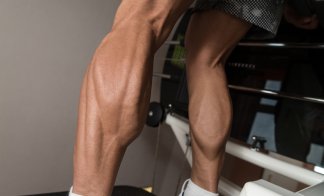COFFEE AND KIDNEY FUNCTION/FLUID BALANCE
The effects of coffee or caffeine consumption on several aspects of kidney function have been studied including diuresis, detrusor instability and kidney stones.
Increased urine output over a 24 hour period was observed with high coffee intake (aprroximately 6 cups equating to 642mg caffeine) though such effects have not been confirmed at levels below 300mg (1).
Athletes and physically active people are often recommended to abstain from consuming caffeinated beverages. It is assumed that caffeine, which is a mild diuretic, will exaggerate the dehydration and electrolyte loss caused by exercise and lead to impaired athletic performance or health although no scientific evidence is offered in support of this assumption. Nine studies, which have looked at the effects of caffeine consumption on the volume of urine, have recently been reviewed (2). The author wrote in his abstract that “The scientific literature suggests that athletes and recreational enthusiasts will not incur detrimental fluid-electrolyte imbalances if they consume caffeinated beverages in moderation and eat a typical U.S. diet”.
Two of these nine studies are particularly informative. The first study was one to collect urine over a 24-hour period (3). It was found that there were no significant differences in the volume of urine produced in response to water, 114 mg caffeine or 253 mg caffeine. The second study was the only one to measure urine production during exercise (4). It was observed that a single dose of 8.7 mg caffeine per kg body weight led to a significant increase in urine production vs. placebo at rest but a non-significant reduction in urine production by comparison with placebo both at rest and during cycling exercise.
A recently published large cross sectional study of 27,936 Norwegian women found that coffee consumption was not significantly associated with urinary incontinence (5). This confirms the results of three earlier but smaller studies (6,7,8). Patients with symptoms of urgency and frequency due to detrusor muscle instability often complain that their symptoms are exacerbated by drinking coffee or tea. It has been shown that a single dose of 200 mg caffeine significantly increased detrusor pressure in 20 women with confirmed detrusor instability but not in 10 asymptomatic women (9). Although a study of 41 elderly women found that a decrease in the amount of caffeine consumed was associated with fewer episodes of involuntary urine loss, this association was not significant (10). In a case control study of 131 women with detrusor instability and 128 controls, caffeine intake was significantly higher in cases than in controls (11). Cohort studies and intervention trials are required to confirm these results.
A high fluid intake is the oldest existing treatment for kidney stones. However, recent research suggests that the composition of the fluid may also exert a beneficial influence. An early case control study was the first to show an inverse association between coffee consumption and a history of kidney stones (12). In a subsequent cohort study of 45,289 men in the USA, 753 new cases of kidney stones were diagnosed and the risk of developing a stone fell by 10% in response to 240 ml/day of caffeinated or decaffeinated coffee (13). In a cohort study of 81,093 women in the USA, 719 new cases of kidney stones were identified and the risk of developing a stone fell by 10% in response to 240 ml caffeinated and 9% in response to 240 ml decaffeinated coffee (14). The available evidence consistently demonstrates that coffee consumption lowers the risk of developing a kidney stone.
Caffeine has long been recognised as a mild diuretic, however, current science does not support the idea that the consumption of caffeine containing beverages promotes dehydration. In fact, it is now increasingly being acknowledged that caffeine containing beverages, consumed in moderation, can be an important source of fluid in the diet. A 2007 study was published that offered a fresh perspective on topics related to fluid balance, hydration and exercise in the heat. In respect of caffeine , the authors state that 'Acute ingestion of moderate to low levels of caffeine (<300mg) does not promote dehydration at rest or during exercise. Long term ingestion of low to high levels of caffeine does not compromise hydration status and thermoregulation at rest or during exercise'. Further, they also point out that either increasing or decreasing ones level of caffeine ingestion does not seem to change hydration status. They conclude that there is no evidence to support caffeine restriction on the basis of impaired thermoregulation or changes of hydration status at levels less that 300 to 400mg per day. (15) Further an extensive review paper, also published in 2007, concluded that caffeinated fluids contribute to the daily human water requirement in a manner that is similar to pure water. Scientific evidence does not support the claim that caffeine containing beverages promote dehydration. (16)
References:
1.Neuhauser-Berthold, M. et al. Annals of Nutrition & Metabolism,41, 29-36, 1997.
2. Armstrong, L.E. International Journal of Sport Nutrition and Exercise Metabolism, 12, 189-206, 2002.
3. Grandjean, A.C. et al. Journal of the American Collegeof Nutrition, 19, 591-600, 2000.
4. Wemple, R.D. et al. International Journal of Sports Medicine, 18, 40-46, 1997.
5. Hannestad, Y.S. et al. British Journal of Obstetrics and Gynaecology, 110, 247-254, 2003.
6. Burgio, K.L. et al. Journal of Urology, 146, 1255-1259, 1991.
7. Brown, J.S. et al. Obstetrics and Gynecology, 87, 715-721, 1996.
8. Roe, B. and Doll, H. Journal of Wound, Ostomy and Continence Nursing, 26, 312-319, 1999.
9. Creighton, S.M. and Stanton, S.L. British Journal of Urology, 66, 613-614, 1990.
10. Tomlinson, B.U. et al. International Urogynecology Journal, 10, 22-28, 1999.
11. Arya, L.A. et al. Obstetrics and Gynecology, 96, 85-89, 2000.
12. Shuster, J. et al. Journal of Chronic Disease, 38, 907-914, 1985.
13. Curhan, G.C. et al. American Journal of Epidemiology, 143, 240-247, 1996.
14. Curhan, G.C. et al. Annals of Internal Medicine, 128, 534-540, 1998.
15. Ganio, M.S. et al. Clinical Sports Medicine, 26, 1-16, 2007.
16. Armstrong, L.E. et al. Exercise and Sports Science Reviews, 35, 135-140, 2007.

